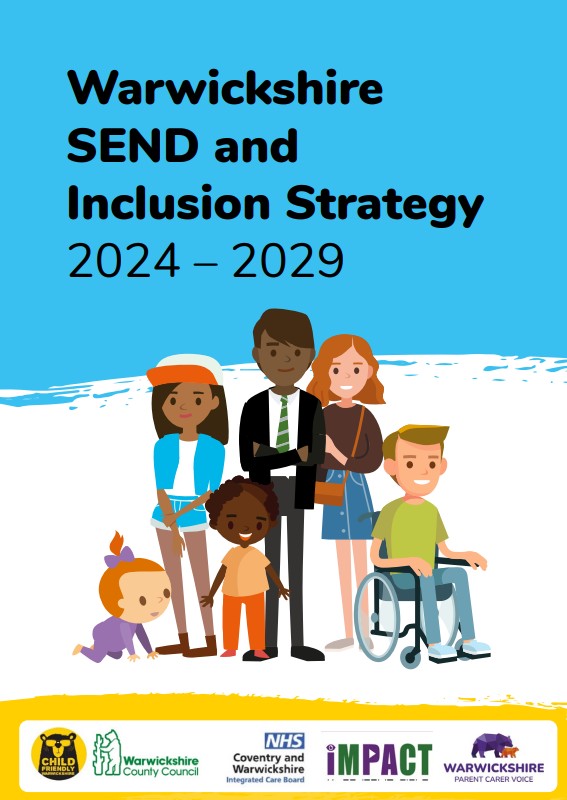Priority four - Promote inclusive practice

Where a pupil is indenfied as having SEN, schools should take action to remove barriers to learning and put effective special educational provision in place. This SEN support should take the form of a four-part cycle through which earlier decisions and actions are revisited, refined and revised with a growing understanding of the pupil's needs and of what supports the pupil in making good progress and securing good outcomes. This is known as the graduated approach.
Our findings
Families stated that the application of the graduated approach in schools can be inconsistent. Children and young people need reasonable adjustments to be made, but they often experience the education system as a one-size-fits-all approach, lacking the flexiblility and support they need, leaving them feeling overwhelmed and feeling that school is not a safe place.
Children and young people and families worked with partners, including schools, to develop the Schools' Inclusion Charter, which provides a model of inclusive practice for all settings developing and nurturing the four cornerstones of 'Welcome and Care', 'Value and Care', 'Communicate' and 'Work in Partnership'. Inclusion starts with building relationships of trust between families and settings.
Our actions
- Support an improved Graduated Approach in our schools through the development of a team around a school model. Trial the Inclusion Framework with three families of schools and continue to promote the Inclusion Charter to provide earlier inclusive intervention and preventative practices.
- Develop a new approach to reducing permanent exclusions.
- Promote new transitions guidance to children and young people and parents and carers.
- Through the Workforce Development project create resources and training to help others understand children and young people and families' experiences to develop best practice ways of working together effectively to find positive solutions.
- Implement and share learning from the Partnerships for Inclusion of Neurodiversity in Schools (PINs) DfE/NHS England project to increase awareness, acceptance and affirmation of neurodiversity in schools.
